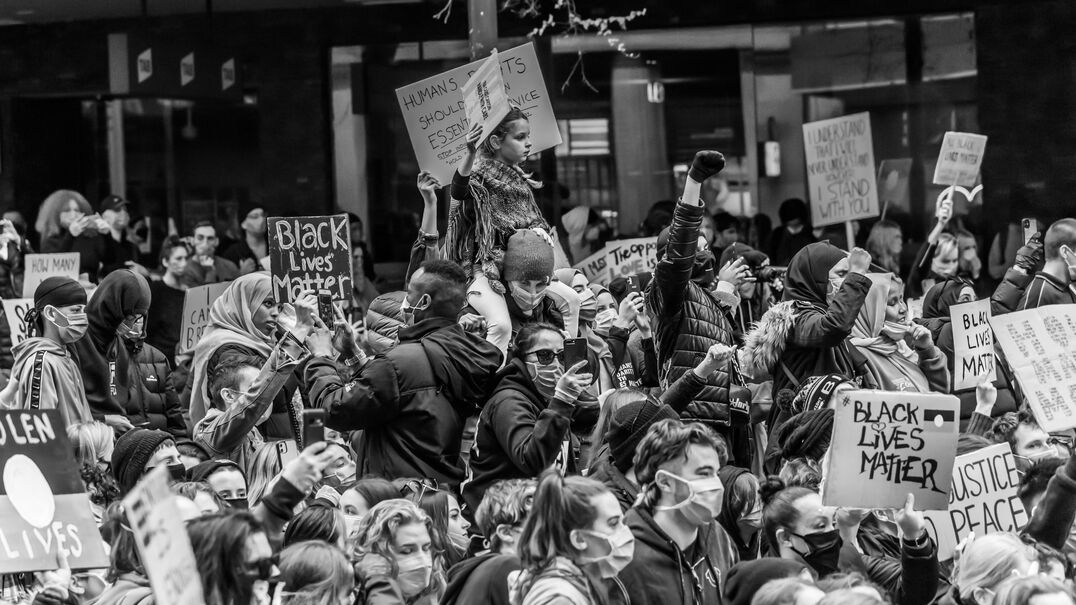The below is an excerpt from Berry Street’s 2020/21 Annual Report.
We spoke last year of a year like never before. A year that confronted us with the reality of how global crises like the COVID-19 pandemic shine such a bright light on existing inequalities, then exacerbate them.
A year where as our research indicated, the most vulnerable children, young people and families in our communities continue to pay the highest price.
The COVID-19 pandemic has exacerbated many of the risk factors for families that can lead to child abuse and neglect. The numbers of children being removed from their families is the highest it’s ever been and there are more children excluded from school. We’re also much more aware of the levels of family violence in our communities.
So, this year we’ve continued to adapt so that we can respond, as an essential service, to this ongoing crisis. And it’s only strengthened our resolve to reimagine the child and family services system and ensure that those we work alongside get the support they need at the right time.
Because, while we know there will always be a need for child protection services for children who have suffered abuse and neglect, we also know that for many families, targeted intervention at an early stage could help them stay safely together and thrive, removing the need for a child to be removed. And this is what continues to drive us.
In short, early support for families is critical to ensuring they receive the help they need before issues spiral out of control.
Thankfully, there has been some great progress this year, with the 2020-21 Victorian Budget providing $1.73 billion for child protection and family services programs and initiatives. Critically, funding has also been provided to reduce the representation of Aboriginal children in care and continue to support self-determination for Aboriginal Victorians, including services and support to remain connected with culture.
We applaud the Victorian Government for making these vital investments. While acknowledging this only goes part of the way to addressing the significant need, these investments will see the numbers of children entering the system decrease, and children’s outcomes improve.
We look forward to continuing to work with the Government to reimagine the system to prevent the trauma and life-long consequences that come with living in out-of-home care.
This year has also seen remarkable commitment from our donors and supporters who continue to respond to increased need, and to help fund early intervention programs that can help families stay together safely.
Specifically, as outcomes of a system shift to early intervention, we want to see:
- fewer children in care, safe with their families who know how to nurture and support them.
- vulnerable learners connected to appropriate education so they can reach their potential in life.
- less family violence in our communities, and more practical support for victim-survivors to recover.
That’s why this year we’re also expanding our education services, reaching more schools in Australia and looking at growing the Berry Street Education Model to reach across the whole continuum of education, from early childhood to teacher training. We’ve also added more critical family violence programs to support victim-survivors of family violence.
As we continue to advocate for increased investment in early intervention, we’ve increased the number of Teaching Family Model homes to support children in out-of-home care. We’ve also become the first accredited agency in Australia offering this critical evidence-based model.
The ability to change and adapt is a theme that runs through everything we’ve done this year. This flexibility and adaptability are going to continue to be crucial as the next year unfolds.
Thank you to all our staff, partners and supporters who continue to work together to ensure children, young people and families can be safe, thriving and hopeful.





